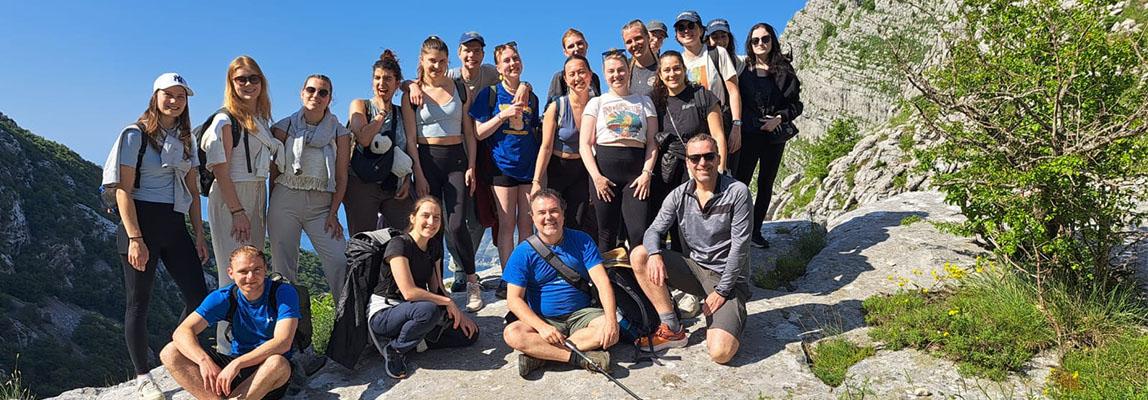
International Field Project (IFP) to Montenegro, by Naomi de Kort
07/05/2024 - 08:16
At the end of our second year of the Bachelor of Science Tourism, we have an International Field Project where we apply our research skills into practice in a country within Europe. This year, we were lucky enough to have Montenegro as our destination.